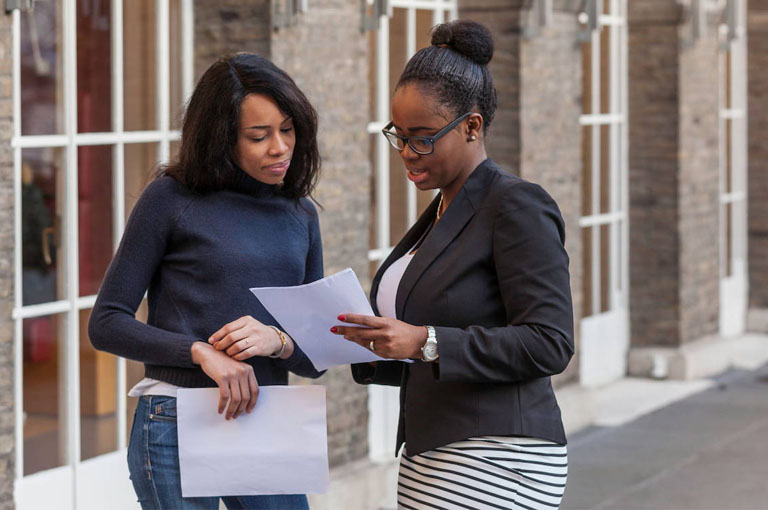A press release
The press officers themselves write the press releases that go out on behalf of UM. Naturally, you will give the input for this, for example by sending the relevant documents or indicating (during a conversation) what you think the most important issues are.
You will always be able to see the draft before it is sent out. Also, the timing of the press release is decided with you, since it is important that you can be reached when reporters call in response to your press release. Your mobile number will not be given to journalists without your permission; press officers will use it purely to track you down if you are needed quickly (i.e. if Radio 1 wants to have you in the broadcast within the hour).
Press releases will be sent in a recognisable UM design, and then posted on the UM website in two languages (NL & EN), and a tweet will be sent out from the UM corporate twitter account (MaastrichtU) to attract extra attention.

Writing yourself?
If you have a talent for writing, then here are a few tips for preparing a press release yourself:
- The headline should be as short as possible, clear, and should contain the news. If that is not possible, a provocative headline is an option, as journalists are indeed curious creatures. (Many journalists decide on the basis of the headline if they will even read your press release, and as they sometimes receive hundreds a day, they cannot do otherwise)
- The first sentence should contain the news, described in a way that your neighbour (at home, not in the department) understands. Who, what, where, when, why and how are some questions which are preferably answered in the first sentences of a press release (If the journalist is still reading the bold intro of your press release, you have done an excellent job; he/she knows the most important news).
- Your press release should be able to be ‘rolled up’, meaning the least important is at the bottom, and above it a little more important, etc. You can roll up the text from the bottom and the most important information will remain intact.
- Make use of subheadings of one or two words (preferably not too trivial) so that your descriptive text does not become a mass of letters.
- Keep it as short as possible. You do not need to write a book or scientific article; you want to convey the news. Most journalists do not want to copy the press release, but write their own story, preferably after talking to you.
- Use quotes, so that the journalists who do not have time to call you can include a quote in their own story, and it looks like they have spoken to you.
-
In the closing, include the ‘Note for the press’ with contact details of the person who a journalist can call for more information, an interview, etc. And it is important that the person can be reached. If you do not want to field the calls yourself, you can put the name and phone number of the press officer here.
An embargo
At the top of a press release, you can write, ‘Embargoed until Monday, 1 December, 15.00’. By doing this, you ask the journalist to only publish the content of the press release after 15.00 that day. This is typically done when there is a speech and the professor does not want his/her ‘news’ to be in the media beforehand (and possibly the public sees no need to come and listen to the lecture).
No legal rights
The tricky part about embargoes is that they have no legal validity. A 'real' embargo is an agreement between two parties, to which they mutually agree, and is not unilaterally imposed. Journalists can therefore disregard the embargo because they find it of greater journalistic importance to deliver the news as they see fit. In that case, you have no leg to stand on (besides delivering a complaint to the Press Council. More about embargoes can be found on their website, in Dutch.). Also, if you give an interview to a journalist (by phone or in person) regarding your embargoed press release, you should tell the journalist before you begin that you want an agreement that you are only talking under the embargo. In that case, it is legally valid.
For embargoes, UM keeps to the ‘only-if-it-is-really-necessary’ rule. Preferably not.